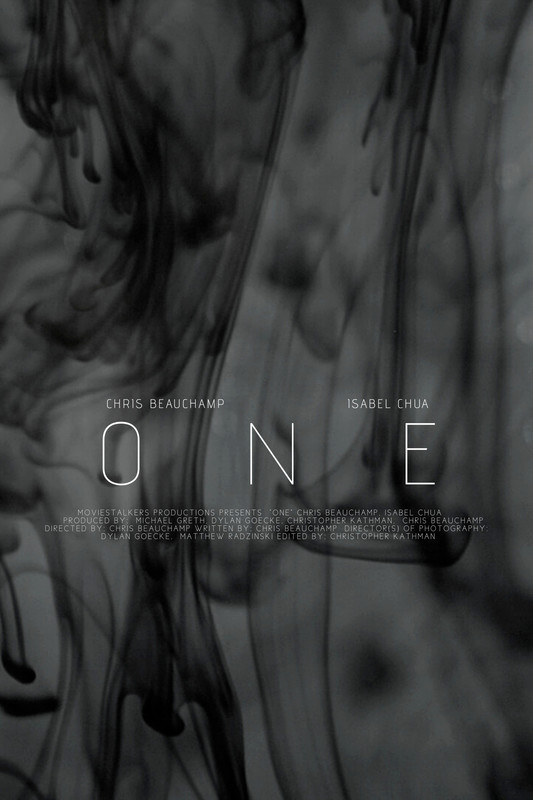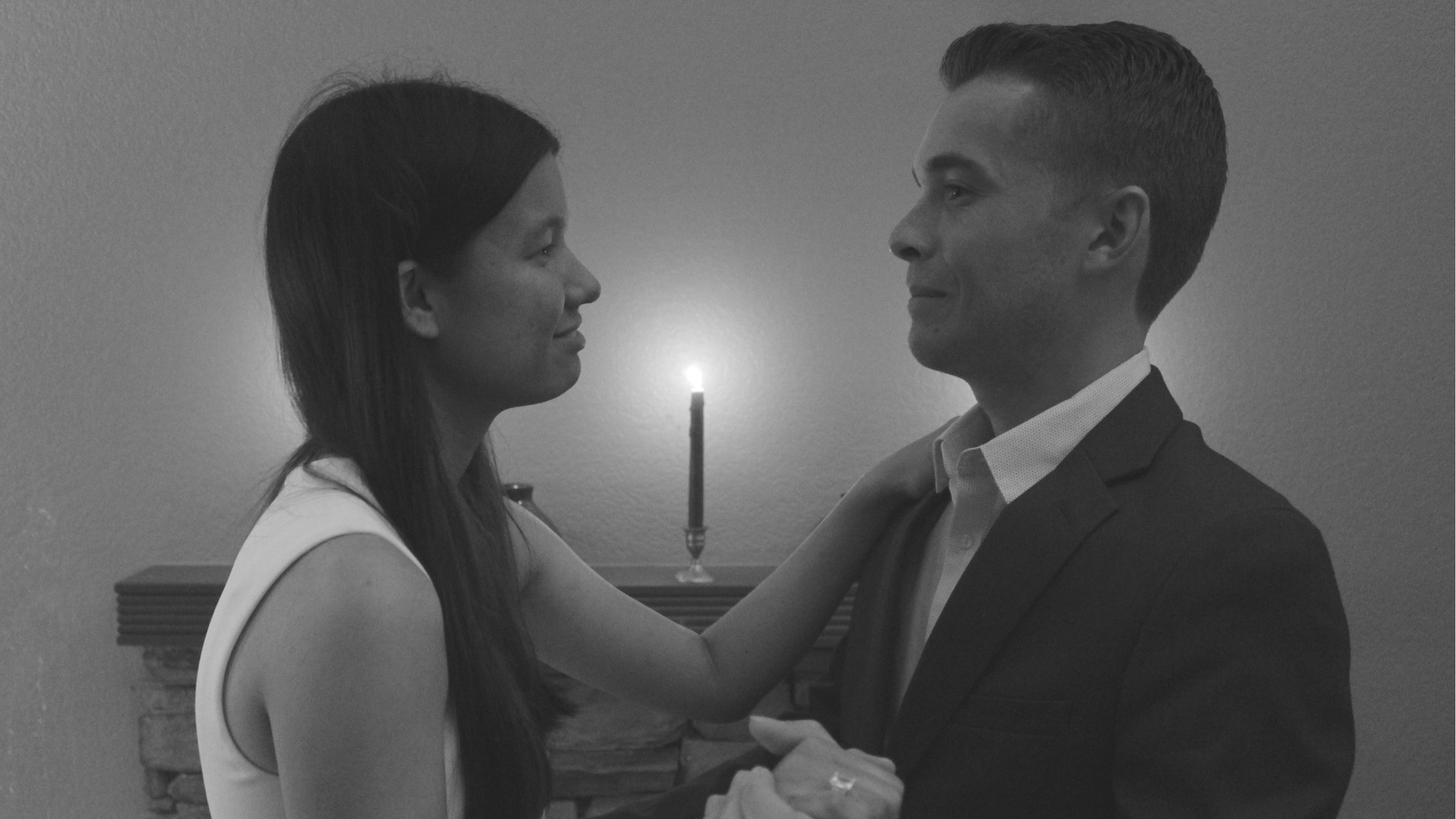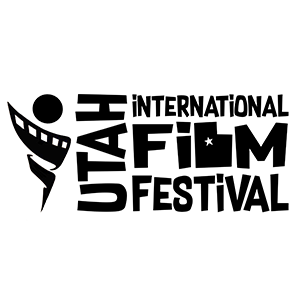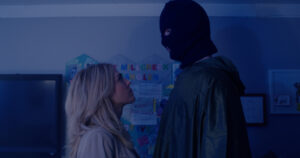One




~ Review written by Zach Miller
About a minute into the film’s runtime, I worried that something was wrong with the link I had received. The sound appeared to be working just fine, but I thought something had to be wrong with the picture. I was nearly two minutes in and wasn’t seeing a thing. Once the image finally did melt onto the screen, on its own terms in its own time, I understood that the delay was intentional and thoughtful. It was about then that I realized that I wasn’t in for any ordinary film.
This opening set the tone for a series of listless prolonged shots with little activity. Like the camera has just been alone in the universe a little too long and lost all sense of time. Counterintuitively, making the scene as dry as possible only draws the viewer in further. Daring the audience to grow bored with what they’re seeing is a surprisingly effective hook.
Moreover, giving the viewer space and time to brush their fingers over the shape of solitude creates a visceral experience. Deliberately resisting the timing of traditional film helps grant the film its own identity. Even the main actor’s delivery is unhurried, unbound by the formalities and patterns of conversant speech. It’s not only consistent, it’s surprisingly refreshing.
Fifty minutes of this guy staring straight into the camera and his aimless gravity never lets the viewer go once. I do, however, only wish I could say that the energy carried out to the chemistry between the main character and his lost love. The two felt out of synch every moment they were in the frame together, their dancing embrace carrying an odd—almost ironic—distance that did not have me thinking they genuinely enjoyed one another’s company. I also won’t deny that, intrigued as I was by the film’s deliberate simplicity, I was still hungry for a more tangible conflict or plotline, even just in the abstract.
The initial wow over the director’s frank and undecorated storyline and universe, it doesn’t hold out for the entire fifty-minute runtime. You start to wonder if you’ve seen all his cards right at the start.
I respect the boldness it takes to craft something so avant-garde. Just so, grant a little space for a marginally more concrete plot, and you still have a whole lot of ambiguity leftover. Then there’s the film’s ending which has the main character kill himself so he can find union, either with the departed or simply the universe. Transcendent though his ascent was, it’s always a dangerous game to romanticize suicide.
The film’s “less is more” approach works swimmingly as it relates to the individual sequences, but the film as a whole shouldn’t be afraid to just ask for a little more.




